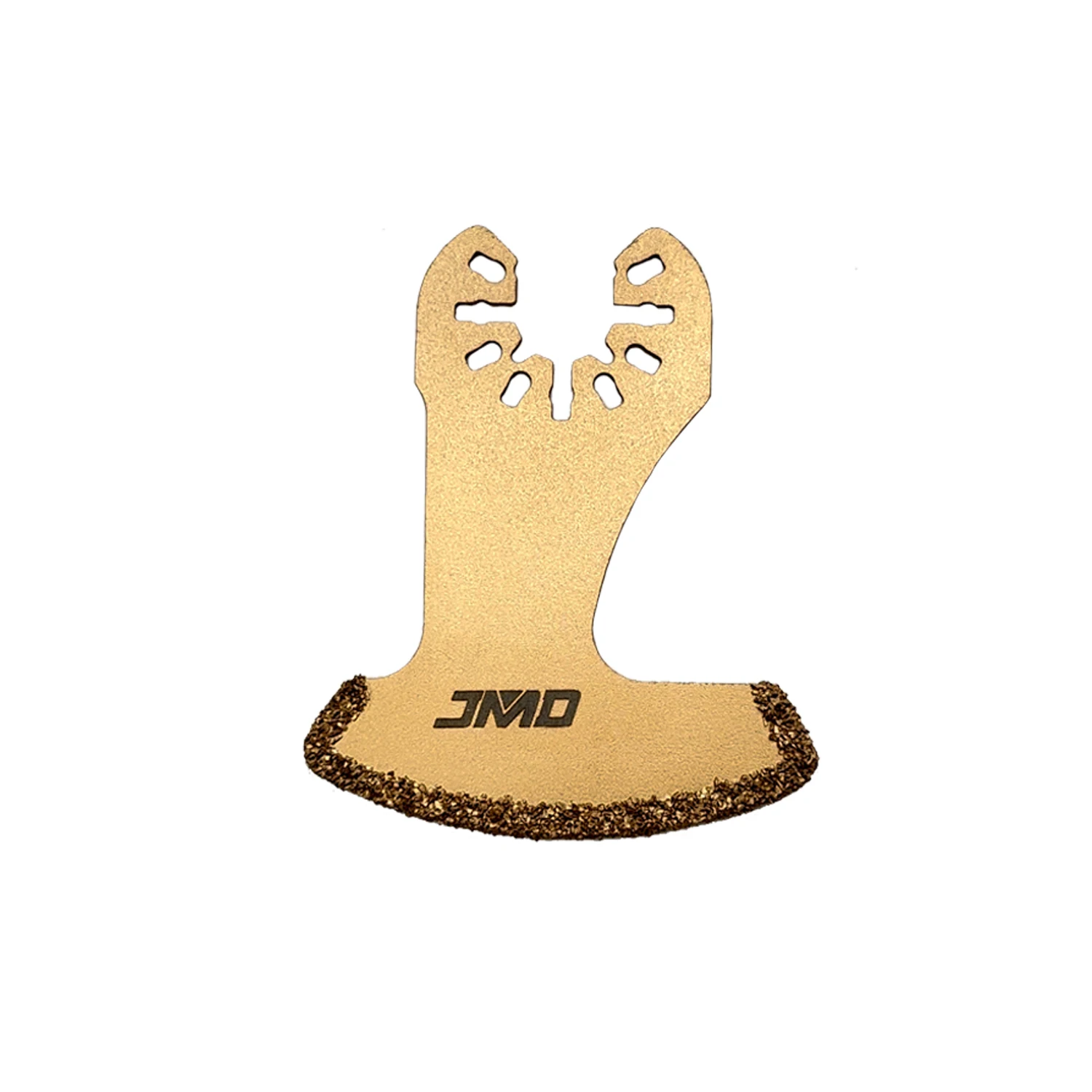The Core of Industrial Cutting
Choosing the right saw blade supplier is more than a procurement task—it’s a decision that affects productivity, cost, and output quality. In industrial settings, blade failure doesn’t just mean downtime; it means lost revenue and disrupted workflows. I’ve seen workshops come to a standstill because of poor-quality blades. The best suppliers understand this. They don’t just sell blades; they deliver reliability. They focus on materials, tooth geometry, and coating technologies that extend blade life. It’s not about being the cheapest. It’s about reducing cost per cut. A blade that lasts longer, cuts cleaner, and requires fewer changes makes a difference on the factory floor. Suppliers who get this become partners, not just vendors.
What Makes a Supplier Stand Out
Not all manufacturers are built the same. Some prioritize volume; others focus on niche custom solutions. The leading suppliers often combine scale with specialization. They invest in R&D. They hold international certifications like ISO 9001, which isn’t just a badge—it’s a promise of consistency. I remember working with a team that switched to a supplier with strict quality protocols. Their rejection rate dropped by half. Production managers notice things like that. They also look for suppliers with vertical integration: control over raw materials, heat treatment, and finishing. This control means fewer defects. It also means they can adapt when you need a special tooth grind or coating. Suppliers without these capabilities often can’t keep up.
A Glimpse into Manufacturing Depth
Take a company like Nanjing Jinmeida Tools (JMD Tools). Started in 1997, they’ve seen the industry evolve. They produce oscillating, reciprocating, and jig saw blades—specialty products that require precision. With two production bases and output of 200,000 pieces daily, they operate at a scale that ensures stability. But scale alone isn’t impressive. It’s how they manage it. Advanced production tech and a dedicated R&D team allow them to solve real problems. For example, their blades are built to reduce vibration, which helps prevent user fatigue. It’s a small detail with a big impact. They also carry ISO 9001:2015, VPA, and BSCI certifications, which matter to global buyers. These aren’t just paperwork; they reflect a system designed for repeatability.
Why Certification and Compliance Matter
In this industry, trust is built through verification. Certifications like ISO 9001:2015 ensure that every batch meets the same standards. Without them, you’re gambling. I’ve encountered factories where quality fluctuates wildly between shipments. It throws off entire production schedules. Suppliers who invest in compliance are also easier to partner with. They understand documentation, traceability, and international regulations. This is crucial for businesses that export. So when a supplier has long-term relationships with major brands, it says something. They’ve been tested.
Finding the Right Partner for Your Needs
Your choice of supplier should reflect your needs. High-volume contract manufacturing requires one approach; custom specialty blades another. The best suppliers offer both. They have the capacity for large orders but also the engineering skill to tailor solutions. For instance, some materials—stainless steel, composites, abrasive woods—require specific blade designs. A good supplier will ask about your application. They’ll recommend coatings—like carbide grit for masonry or anti-stick coatings for aluminum. They understand that no single blade works for everything. It’s this flexibility that sets top-tier suppliers apart. They don’t just take orders; they provide cutting solutions that work. And in the end, that’s what keeps operations running smoothly.

 EN
EN
 AR
AR
 BG
BG
 HR
HR
 CS
CS
 DA
DA
 NL
NL
 FI
FI
 FR
FR
 DE
DE
 EL
EL
 IT
IT
 JA
JA
 NO
NO
 PL
PL
 PT
PT
 RO
RO
 RU
RU
 ES
ES
 SV
SV
 LV
LV
 LT
LT
 SR
SR
 SK
SK
 SL
SL
 UK
UK
 ET
ET
 HU
HU
 TR
TR
 FA
FA
 GA
GA
 CY
CY
 BE
BE
 IS
IS
 HY
HY
 AZ
AZ
 KA
KA
 LA
LA
 MY
MY
 XH
XH

